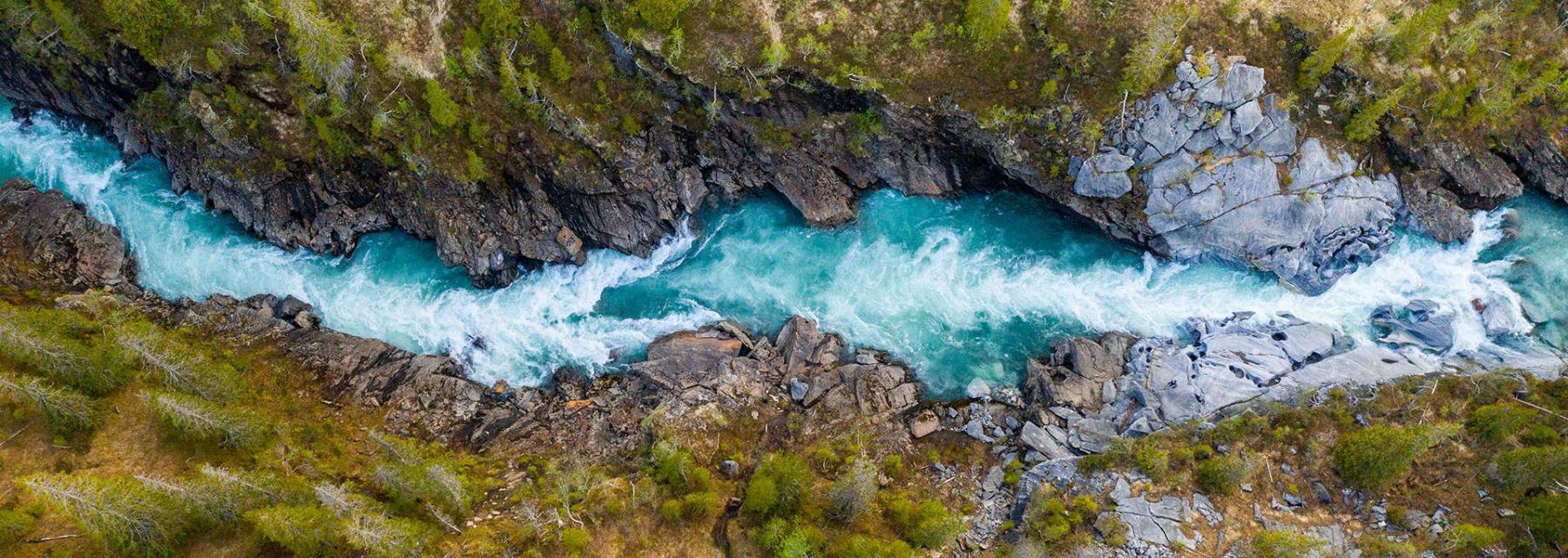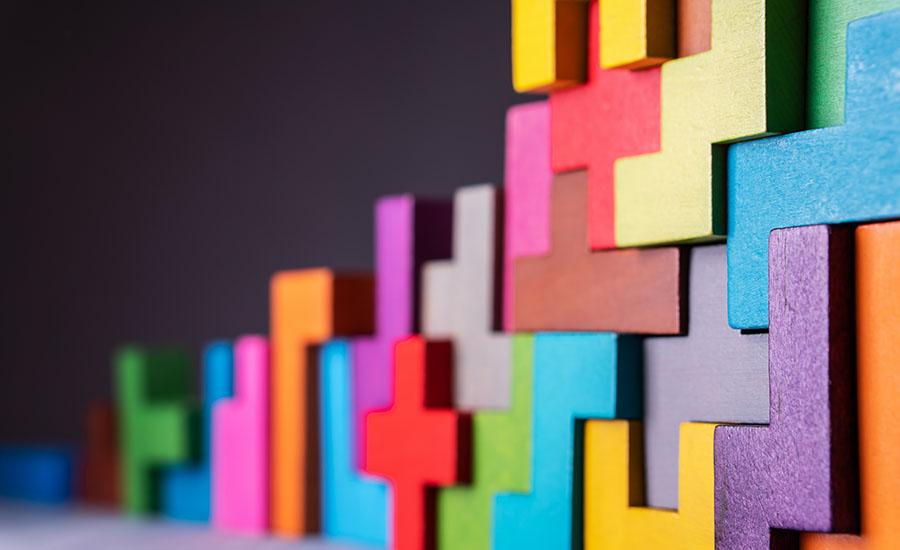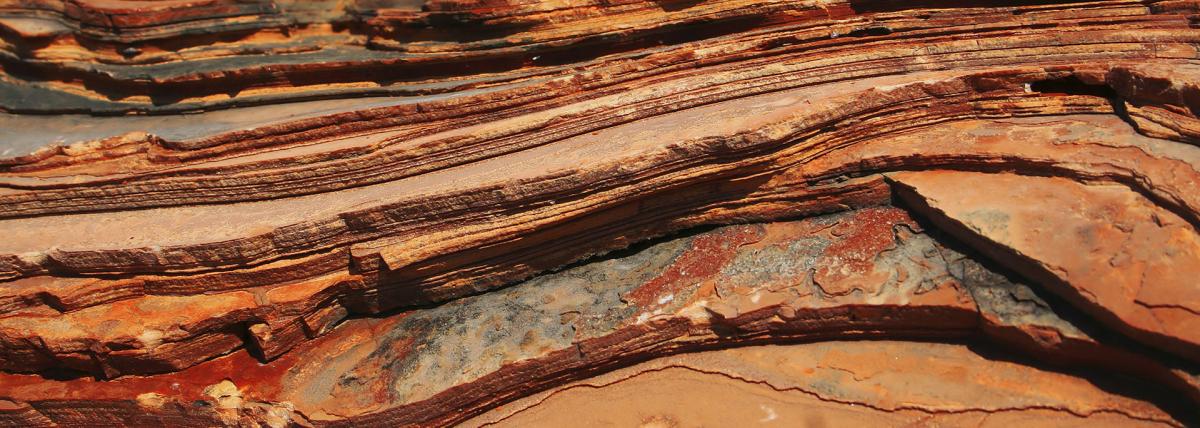
STEMming Through Japan: Exploring Earth, Environment, and Innovation
by Jasmine Coleman
Students will delve into the intricate web of Earth systems, recognizing their interconnected nature and unlocking the secrets of Japan's geological features through observation and data collection.
From plate tectonics to volcanic activity and erosion, learners will dissect the geological phenomena shaping Japan's landscape, drawing connections between processes and observed features. Through meticulous research and dynamic presentations, students will showcase their understanding of specific geological features, utilizing digital tools to enhance the impact of their findings.
Engage with real-world implications of nuclear science through the Hiroshima radioactivity Geiger counter project, delving into environmental monitoring and safety.
Through this lesson, students confront challenges such as pollution, habitat loss, and climate change head-on. Through hands-on monitoring activities, students will collect and analyze data, identifying patterns and trends to inform innovative solutions grounded in sustainability and feasibility.
From multimedia presentations to in-depth research, students will illuminate the societal impact of these innovations, culminating in discussions that bridge the realms of science, engineering, and societal progress.
Lesson Plan Link/URL
https://docs.google.com/presentation/d/1V20HCnhurxqHLrfPv-4Hdyj59RQTKjxHzcwZff6…Subject Area
Science Earth and Space Science E1: Earth Systems Technology 2. Digital Citizen Engineering S4: Apply Science to Engineering English Language Arts (ELA) Writing Speaking & Listening
Featured
Off
Related Content

Grades:
9th Grade, 10th Grade, 11th Grade, 12th Grade
This lesson is a follow-up to the lesson titled "Creating Sustainable Solutions with Bioplastics Part 1". In this lesson, students evaluate different ingredients for bioplastics and create a minimum

Grades:
10th Grade, 12th Grade
This lesson builds on the Part 1 of Urbanization Impacts in the HS Environmental Science classroom. In this lesson, students are utilizing their knowledge to create models of solutions to the

Grades:
8th Grade, 9th Grade
In this lesson, students will embark on an investigative journey to explore the geological history of their local community. Through hands-on activities and research, students will analyze rock layers

